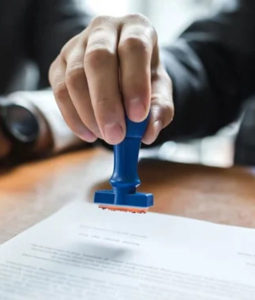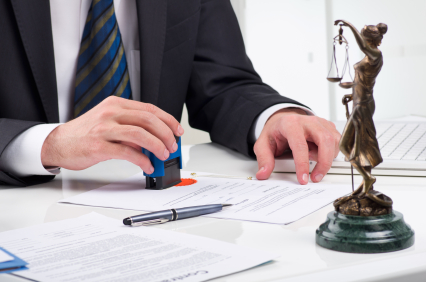DOCUMENT LEGALIZATION


Document legalization is a process that confirms the authenticity of a document, ensuring it is genuine and authentic. It is evaluated by the Legalization Division, Department of Consular Affairs, Ministry of Foreign Affairs, and can be used by various agencies both within and outside the Kingdom. Legalized documents come with a seal, QR code, and date of acknowledgment. They can only be used by destination organizations in Thailand or abroad, and foreigners must have their documents authenticated by their embassy or Thai embassies overseas before they can be approved for legalization. Translations of original documents can also be legalized, but must be done by a reputable agency and confirmed as correct. Translations can only be legalized in Thai and English, and may need revisions according to the Legalization Division’s regulations.
The specific cases where you might need to legalize a document include:
• Educational documents
• Personal status documents such as birth certificates and
marriage certificates
• Legal documents such as POAs, contracts, and agreements
• Business documents
• Adoption papers
• Policies and declarations
• Court documents such as judgments or court orders
What is the difference between notarization and legalization?
Notarization and legalization are two distinct processes for establishing the legitimacy of documents, but they serve different purposes and are often required in different contexts. Notarization is a local process that verifies the authenticity of a signature on a document, while legalization is an international process that authenticates a document for use in a foreign country. It involves obtaining a series of certifications to ensure that the document is genuine and has legal standing in the country where it will be used. Depending on the requirements of the destination country, a document may need to undergo both notarization and legalization.
What documents are required for document legalization?
In the case of foreigners, the requirements shall be as follows:
• Original documents (with the Garuda seal) verified by your
embassy in Thailand or the Thai embassy in your country
• If available, a translation of the original document
• Identification documents: a photocopy of your passport and a
visa with your real signature.
What are the steps, and how long may legalization take?
If it is merely to legalize an original document when the document owner is present, the applicant can go in and complete it on that day. It is strongly advised that you make an appointment using the online system. If a translation is necessary, the document must first be translated. When you submit legal certification, the officer will contact you to arrange for you to pick up the document or revise the translation. As a result, the estimated time frame might be one or two weeks.
Can someone else legalize my documents on my behalf?
Legalizing documents on your behalf requires granting another individual power of attorney, who must be of legal age. Walk-ins are not allowed, and the queue must be reserved online exclusively for document legalization, ensuring a smooth process.
